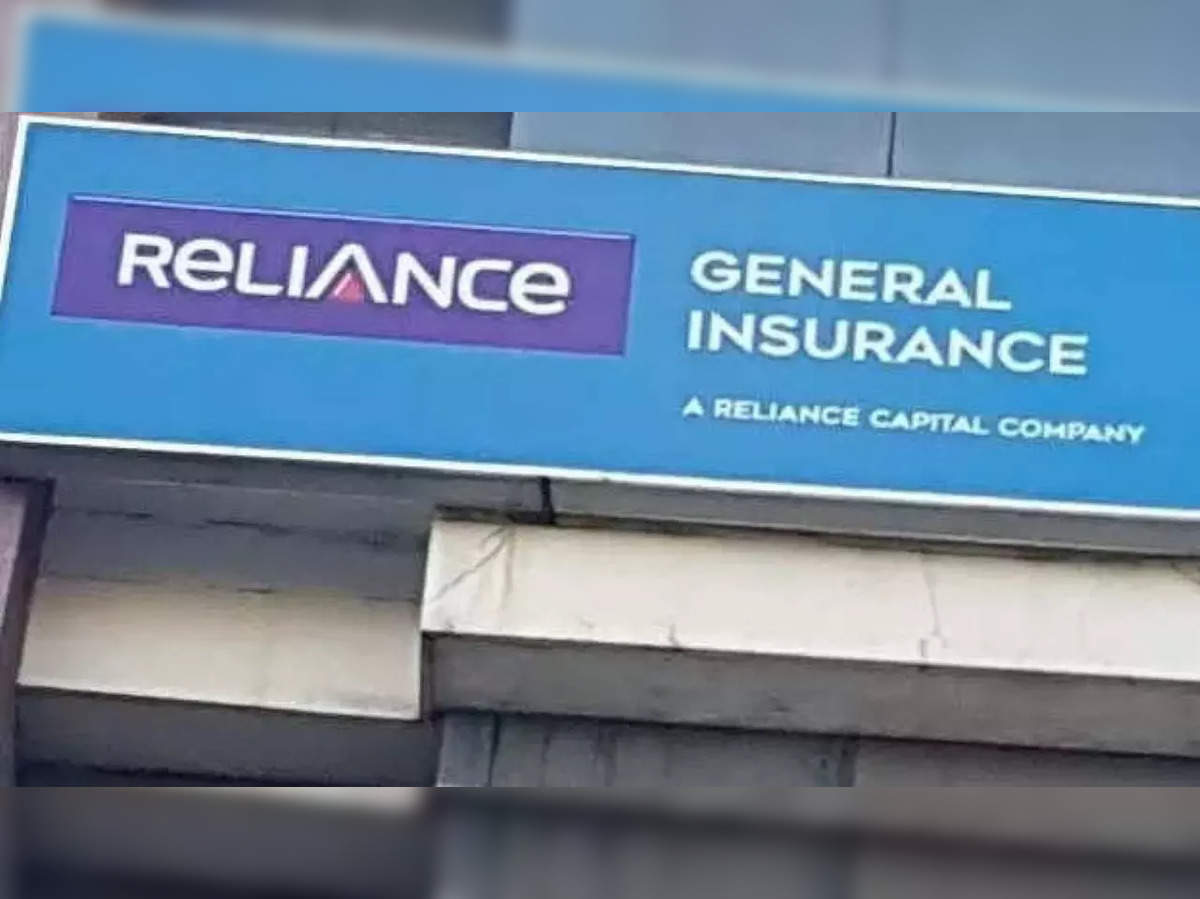GST authority issues Rs 922 cr show cause notices to Reliance General Insurance

GST authority issues Rs 922 cr show cause notices to Reliance General Insurance
Reliance General Insurance Company (RGIC), a subsidiary of Reliance Capital Ltd, has faced several show cause notices from the Directorate General of GST Intelligence (DGGI) totaling Rs 922.58 crore. These notices pertain to GST demands on revenue generated from services such as re-insurance and co-insurance. The company has reportedly received four separate notices, with varying amounts of Rs 478.84 crore, Rs 359.70 crore, Rs 78.66 crore, and Rs 5.38 crore, respectively.
Key points to consider in this situation include:
- Multiple Notices: RGIC has received four show cause notices from the DGGI, indicating that the authorities are scrutinizing the company’s GST liabilities across various aspects of its operations.
- Nature of GST Liability: The notices appear to relate to the applicability of GST on re-insurance commission booked for services provided to both Indian and foreign reinsurance companies. This raises questions about the interpretation of GST rules and compliance in the insurance sector.
- Contingent Liability: As a result of these notices, RGIC may need to account for the potential GST liabilities as contingent liabilities in its financial statements for the quarter ending September 30. This is a standard practice when there are pending legal or regulatory matters that could impact a company’s financial position.
- Impact on Reliance Capital: RGIC is a significant asset within the Reliance Capital group, constituting approximately 70% of its total value. Any financial obligations, including contingent liabilities, can have implications for Reliance Capital, which is already undergoing a debt resolution process through the National Company Law Tribunal (NCLT).
- Legal and Tax Expertise: Handling such complex tax matters often requires legal and tax expertise to navigate the regulatory landscape, respond to authorities, and ensure compliance.
This situation underscores the importance of compliance with tax regulations in the insurance sector and highlights the potential financial implications for both RGIC and its parent company, Reliance Capital. It also emphasizes the need for companies to be proactive in addressing tax-related issues to mitigate potential legal and financial risks.
The GST Authority’s position, as indicated by the show cause notices, centers around the treatment of re-insurance commission and co-insurance premiums for the purposes of GST liability. The following points clarify the authority’s contentions:
- Re-Insurance Commission: The GST Authority asserts that the re-insurance commission received by the company is considered part of its revenue as recorded in its books of accounts. Consequently, they argue that the company is obligated to pay GST on this income. This position likely hinges on the interpretation of GST rules regarding the taxation of commissions in the insurance industry.
- Co-Insurance Premiums: The show cause notice for Rs 359.70 crore pertains to the applicability of GST on co-insurance premiums received when RGIC participates as a follower in co-insurance transactions. The authority is questioning whether these premiums are subject to GST, indicating a potential area of dispute regarding the tax treatment of such transactions.
These contentions highlight the complexities that can arise when applying GST regulations in the insurance sector, particularly concerning commissions and premiums. It underscores the importance of precise interpretation and compliance with tax laws to avoid disputes and penalties.
RGIC will need to engage with tax experts and legal advisors to address these show cause notices and navigate the regulatory landscape effectively. Additionally, the outcome of these proceedings could have significant financial implications for the company and may impact its financial reporting and obligations.
It is essential for companies operating in the insurance industry to maintain a thorough understanding of applicable tax regulations and work closely with tax professionals to ensure compliance while managing potential tax liabilities effectively.
The dispute between Reliance General Insurance Company (RGIC) and the GST department centers on the treatment of GST liability in co-insurance transactions, particularly regarding follower premiums. Here are the key points of contention:
- Lead Insurer’s GST Payment: RGIC contends that the lead insurer in a co-insurance arrangement has already discharged its GST liability on the entire premium received, which should cover the GST obligation for all participating insurers, including followers. In other words, RGIC believes that the lead insurer’s payment should suffice, and there is no additional GST liability for followers.
- GST Department’s Position: The GST department’s stance is that there is no provision in the GST Act allowing one registered person (the lead insurer) to collect and disburse tax on behalf of another (the followers), regardless of any co-insurance arrangement. They argue that each registered person is independently responsible for their GST obligations.
- Co-Insurance Transaction Dynamics: Co-insurance transactions involve multiple insurers sharing the risk of covering an insured’s assets or liabilities. The lead insurer typically bears the largest share of the risk, while other participating insurers are followers. The followers’ premiums represent their portion of the total coverage, and the dispute centers on whether they should separately account for GST on these premiums.
This dispute highlights the complexity of tax treatment in co-insurance arrangements and the interpretation of GST laws. It underscores the need for clarity in tax regulations, especially in industries with intricate financial structures like insurance.
To resolve this matter, RGIC and the GST department may engage in discussions, legal proceedings, or other dispute resolution mechanisms. The outcome of this dispute could have significant implications for how co-insurance transactions are treated for GST purposes and may set a precedent for similar cases in the insurance sector. Legal and tax experts are likely to play a crucial role in finding a resolution that aligns with applicable tax laws and regulations.
The additional show cause notices received by Reliance General Insurance Company (RGIC) from the Directorate General of GST Intelligence (DGGI) pertain to various aspects of GST liability and compliance. Here are the details of the third and fourth show cause notices:
Third Show Cause Notice (Rs 78.66 crore):
- This notice concerns an investigation into the availing of input tax credit (ITC) without underlying services related to marketing expenses.
- The period under scrutiny for this matter is from July 1, 2017, to March 31, 2022.
- RGIC has reportedly deposited the ITC amount of Rs 10.13 crore under protest, indicating that the company disagrees with the GST Authority’s assessment.
Fourth Show Cause Notice (Rs 5.38 crore):
- This notice relates to the non-payment of GST under reverse charge basis on the import of reinsurance services from foreign reinsurers.
- The services in question are associated with an exempted crop insurance scheme.
- The period of investigation covers July 2017 to January 2018.
- The GST Authority has issued a tax notice of Rs 5.38 crore in this matter.
These show cause notices reflect the GST Authority’s focus on various aspects of RGIC’s GST compliance and potential liabilities. Each notice likely involves specific interpretations of GST rules and regulations, and RGIC has chosen to deposit certain amounts under protest, indicating its intention to challenge or dispute the GST Authority’s assessments.
Handling these notices will require legal and tax expertise to navigate the regulatory landscape, respond to the GST Authority, and potentially engage in discussions or dispute resolution processes. It’s essential for RGIC to ensure compliance while addressing any disagreements with the tax authorities, as these matters can have financial implications and may impact the company’s financial reporting and obligations.



